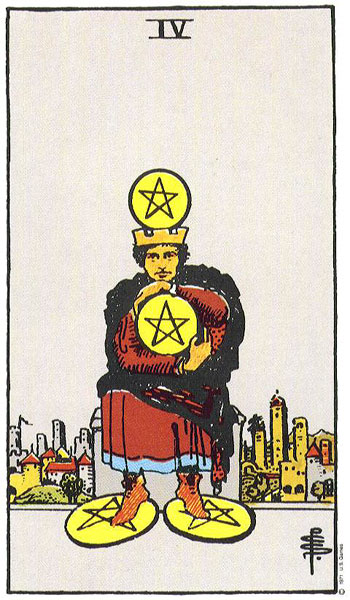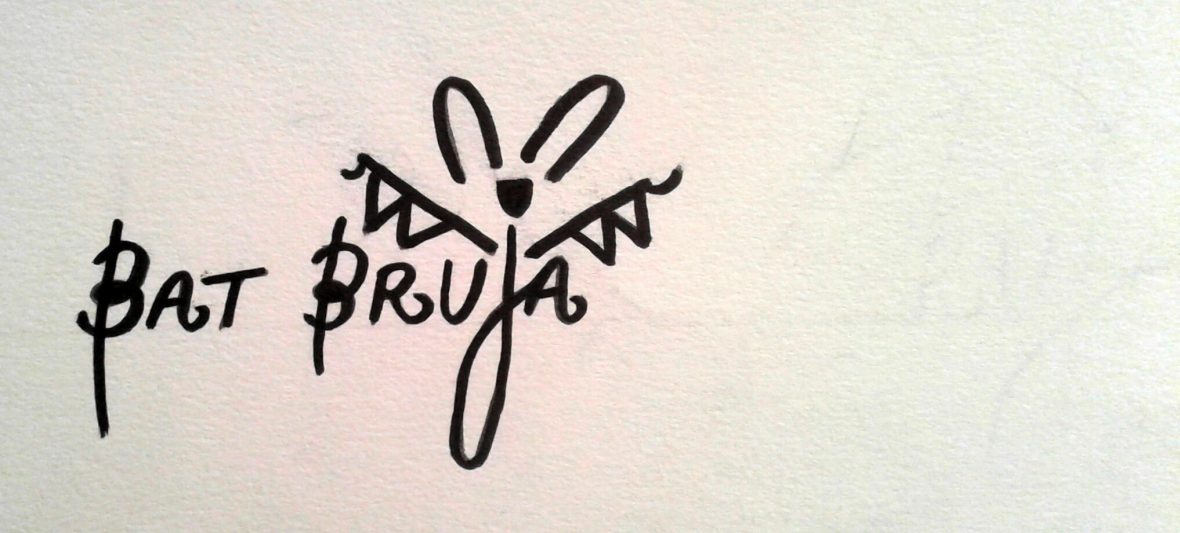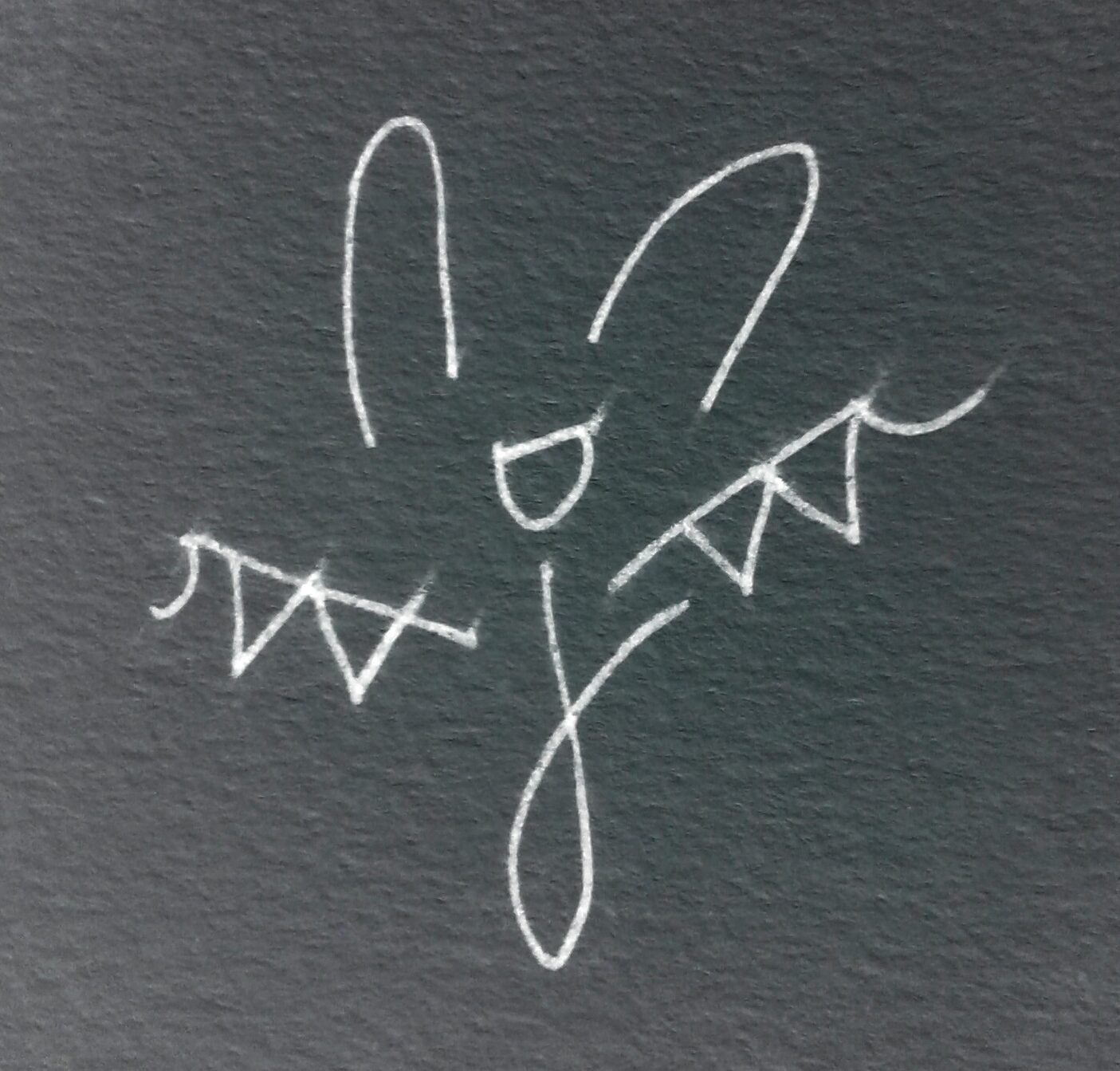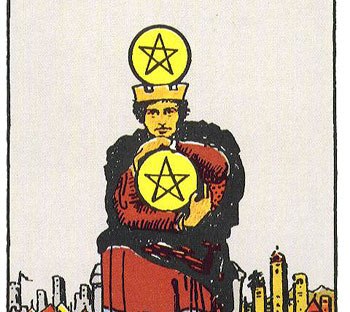A practical and experiential guide to learning more about a spiritual entity in Heathenry once the lore runs dry.
At Trothmoot 2019, I attended a Myth Embodiment workshop lead by Cara Freyasdaughter, who explains the concept here. Using improvisational acting (and occasionally some mild, casual hints of channeling), we retold the story of Thrymskvida, one of my favorites in the lore. It was tons of fun, hilarious, and thought-provoking. Participants were asked not to act as their patron deities, in order to branch out and experience different perspectives, as well as to avoid any accidental deeper channeling. This was meant to be an engaging psychological exercise to explore the lore, not a possessory rite.
Since that left my desired role (predictably, Loki) off the table, I volunteered for the role of Thrym’s unnamed sister. She will be the focus and example deity for this piece.
Before we get to her, here are some of the other moments during the workshop that felt especially relevant and interesting to me (UPG, as is most of this post):
- Freyja’s falcon cloak willing to be borrowed by Loki, because Loki’s energy (including gender fluidity) felt synced with Freyja’s own magic and energy. Not everyone could wear the cloak.
- Freyja’s hurt and rage at the suggestion of being a hostage bride to Thrym all the more potent because Freyja had already been a hostage, a bartering token, to the Aesir. (Somehow I never contextualized this before.)
- A moving discussion of Loki as Worldbreaker in revenge for the harm caused to his children, and whether those of us with children, in that social context, might not do the same.
Now, let’s talk about little-known deities, and how to develop your own UPG.
Thrym’s sister has a minor and unfortunate role (Bellows translation, source linked above):
29. Soon came the giant’s | luckless sister,
Who feared not to ask | the bridal fee:
“From thy hands the rings | of red gold take,
If thou wouldst win | my willing love,
(My willing love | and welcome glad.)32. The giant’s sister | old he slew,
She who had begged | the bridal fee;
A stroke she got | in the shilling’s stead,
And for many rings | the might of the hammer.
That’s it. Not much to go on.
Tactic #1: Embody them (with basic protection if not in a safe group setting like I was here) and see how they feel.
As Thrym’s sister, I discovered she felt anxious, and desired regimented control over all aspects of her life (“the archetypical Virgo,” one friend joked).
While just as critical of the Aesir as her brother, she wanted to assimilate: to keep her head down, continue to develop a thriving homestead, and never attract dangerous attention.
I didn’t find her to be greedy, per se… at least not from her point of view. Just wanting to keep her prosperity, and watching horrified as it gets literally eaten away by a powerful goddess whose intentions towards her family are unclear.
Then she gets murdered. The end. (Or is it? There’s also the afterlife to consider.)
As a tarot reader, I was reminded of the Four of Pentacles.

I had/have some serious empathy for her! I’m a sucker for underdogs, and immediately wanted to give her an offering and find out more. Onwards!
Tactic #2: Pick the scraps off the lore bones.
First, Thrym’s name origin. I switched over to an Icelandic keyboard for this:
Þrym is from “þrymja” (to thunder or uproar, an interesting Thor parallel), so she is the “systir” of this thunderer or roarer.
I pulled out my joint Old Norse/English copy of the Poetic Edda and took some notes on the words she’s described with in the text, or ones I felt could be relevant to her, such as:
meiþma = treasures
menja = riches
öldnu jötna systur = ancient Jotun sister
jartegn = token/proof
jötna systir = sister of Jotuns
beþit hafþi = bridal token
ut-gift, gjald, gildi = payment
Tactic #3: Free association brainstorm.
I jotted down any associations for her (not necessarily in lore, but adjacent to what we know in lore or what I felt in embodiment).
My thoughts included things like: othala, fehu, uruz, rain, gold, livestock, practicality, sustainability of homestead, lying low, survival through capitulation, bridal fee, Frigg, winter storage.
Tactic #4: Try letter divination for names or kennings (and investigate relevance).
I wanted to find something to call her, besides Thrym’s Sister or the even more generic kennings in lore that simply claim her as an old Jotun woman. Prior to divination, I asked her, “please help me discover a name to call you”.
Time for my trusty bag o’ letters: a little pouch with plastic alphabet beads I got from the dollar store years ago. I have several of each letter in the pouch, and draw from them when I’m looking for a name.
The important thing with this system of divination is to stay flexible: not all letters will necessarily match up exactly, just like how a “godphone” doesn’t necessarily deliver clear, human-like speech. My beads also don’t have Old Norse letters. But it’s a good start to narrow down some options or spark inspiration, and it’s sometimes eerily on point.
My pendulum suggested drawing six letters.
I drew: ODEAVA
Remaining flexible, I was willing to consider other sounds for some of the letters, like OTH or OT.
Scrabble time. I pulled up an Old Norse to English dictionary, and dug around for words vaguely similar to the sounds formed by the letters. It felt like two words compounded to me, so I pulled ideas from the beginning (OD or similar) and the end (EAVA or similar).
For the first half, “otr” in the context of “otrgjöld” resonated with me the most. This is a kenning for weregild or compensation, referencing Otter’s death.
For the second half, “aeva” was the closest, meaning never, or not at all.
… Who never received her requested monetary compensation, and was murdered with no real consequences? Thrym’s sister.
Playing fast and loose with Old Norse grammar (grammar? I don’t know her), we have approximately: OTRAEVA or AEVA-OTR.
And thus, we have a name.
Using more of this tactic and other intuitive ideas, I developed a list of hypothetical kennings or heiti for her:
Asker of Bridal Token = Menjabað
Never Otter (Without Weregild or Compensation) = Aeva-Otr, Aeva-Otrgjöld (Sparkle Puca suggested this could also be Án Otsgjald)
Despairing of Weregild = Aeðra-Otr, Aeðra-Otrgjöld
Outsider/Jotun Frigg = Utgarda-Frigg
Roof Gilder = Raefrgylla
Always Apportioner of Gold = Aegulldeila
Dough Rester = Deigáð
Again, the above may or may not be grammatical. I’ll admit I was too impatient to post this to get assistance from language experts, though I welcome suggestions on how to improve. Nonetheless, it’s still a great way to explore UPG deity associations.
Tactic #5: Communicate and find modern relevance.
UPG development is all well and good, but how do we move forward?
In my case, this article is an offering, which she seems pleased with (it is quite possibly the most she’s been talked about in a long time).
I feel that she might in return be willing to offer budgetary and household management help, in balance with several of my other household goddesses. I don’t know her particularly well yet, but I’d like to gain further insights and communicate more in the future.
Hail Aeva-Otr, ancient sister and keeper of the roaring hall! In death, may your head be anointed with the gifts you seek, your words heeded, your stomach never empty, and your roof adorned with gold.
(If you enjoyed this article, please share, subscribe, and consider leaving a small tip or purchasing from my Etsy shop to support future works. Thank you!)


